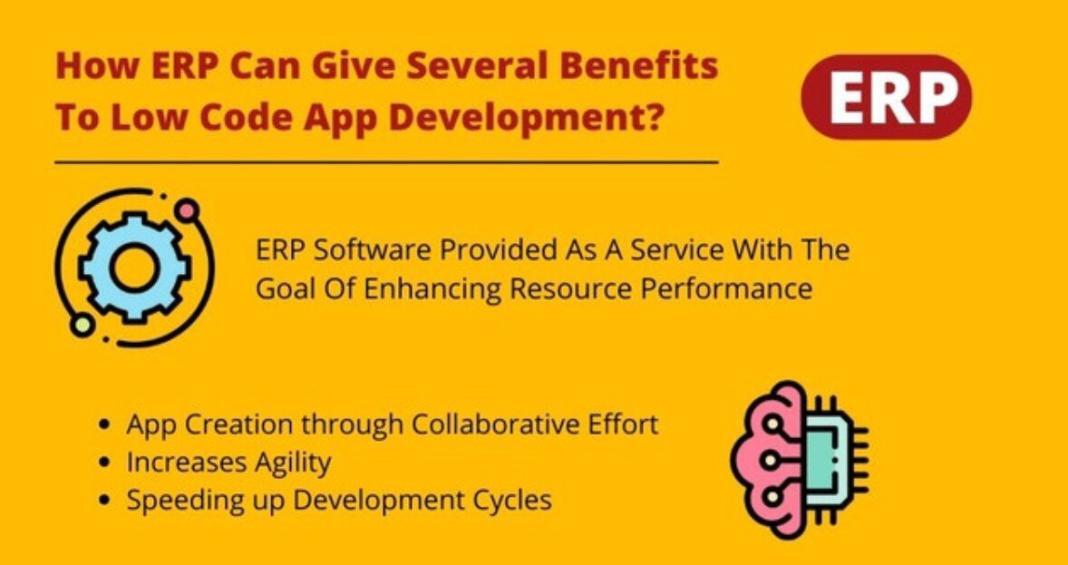Over the course of the last several years, enterprise resource planning (ERP) has evolved into an essential component of the majority of businesses. It is essential to comprehend that the manner in which you will implement these systems into the operational procedures of the company will have a long-term impact on the level of achievement achieved. The deployment of ERP may be a difficult endeavor since it entails the execution of complicated procedures that will have an impact on the whole business.
As a result, it is essential to take into consideration every possible difficulty that may crop up during the deployment of ERP software. The article that follows will provide you with the information that you need about the deployment of enterprise resource planning software. You will get an understanding of what ERP installation is and strategies to overcome the problems that are involved with it.
An Overview of Enterprise Resource Planning Software Solutions:
The use of enterprise resource planning (ERP) is becoming more significant in today’s global commercial environment. It is currently recognized as a vital instrument for managing a company’s resources, both internally and internationally, and this shift in perception has occurred very recently. It is used not only for a wide variety of applications in the commercial sector but also in a wide variety of industrial sectors.
In the past, enterprise resource planning was only used by very big businesses. It was necessary to invest a significant amount of money. Companies on a smaller scale and those on a medium scale were not prepared to make a significant financial investment in order to purchase software and hire employees to manage ERP software. Keeping this fact in mind, ERP manufacturers began expanding the functionality of their enterprise resource planning software by producing several variants of the program that were able to provide assistance to both large and small businesses.
The ERP Software Implementation Services that a company uses to handle a number of its business tasks raises the question: What makes this solution superior to others? Even if other solutions may aim to do similar things, ERP stands out as a separate challenging in the software industry due to the unique qualities that it has.
Out-of-the-box ERP packages do not satisfactorily meet the issues involved in automating the typical Electronics manufacturing operation. Larger enterprises that are able to afford to purchase and frequently personalize higher-end packages with expenses that run to tens of thousands of dollars when implemented are able to collect the advantages of ERP-driven solutions, but at an expense that small and medium sized firms typically are unable to afford.
How ERP can give several benefits to low code app development?
Application design and development may be done by using low-code application development, which requires very little or no coding at all. Platforms for the creation of low-code applications provide organizations the ability to create bespoke solutions including cutting-edge functions that are suited to their particular business models. These platforms include user-friendly visual builders, form and report templates, ready-to-use code snippets, and built-in connections, all of which help to speed up the development process and make it possible for a wider variety of individuals to create.
1. App Creation through Collaborative Effort
It may be difficult for members of a team with varying levels of expertise to work together effectively on high-code platforms since these platforms demand specialized skills. With a low-code visual design, every team member may see clearly how an app’s functionalities are laid out. Visual design tools provide developers with an accessible map that explains each member’s activities as well as how their jobs fit into the larger process.
2. Increases Agility
Agility in business provides firms with the ability to respond to shifting market conditions with creative new ideas. Businesses are able to quickly adapt to new initiatives in response to sudden shifts in the market thanks to low code. For instance, ERP Software Implementation Services can construct apps in the cloud that link with your legacy systems in order to better meet the ever-evolving requirements of your clients.
3. Speeding up Development Cycles
Enterprise solutions with minimal coding requirements minimize the barriers to creativity, making it possible for even those without prior coding skills to develop digital products. Imagine what skilled developers can do with the same technology: results that are faultless, feature-rich, and aesthetically stunning, all developed in minutes rather than weeks.
ERP Software Implementation Services serves you with ongoing support and maintenance for the ERP system that has been customized for your business. In addition to this, they will provide you with additional solutions that cover the whole life cycle of ERP development and deployment. They are aware that ERP systems may be very expensive, and because of this, not only do we have a solid competence, but they also have a solid strategy to reduce the financial risks that are associated with ERP arrangement.
You may also want to read,
- Top 7 Reasons Why it is Important to have an ERP System
- 5 Reasons Your Business Should Consider Using Cloud ERP Software
- How does Cloud ERP Delivers Information Security and Backup?







